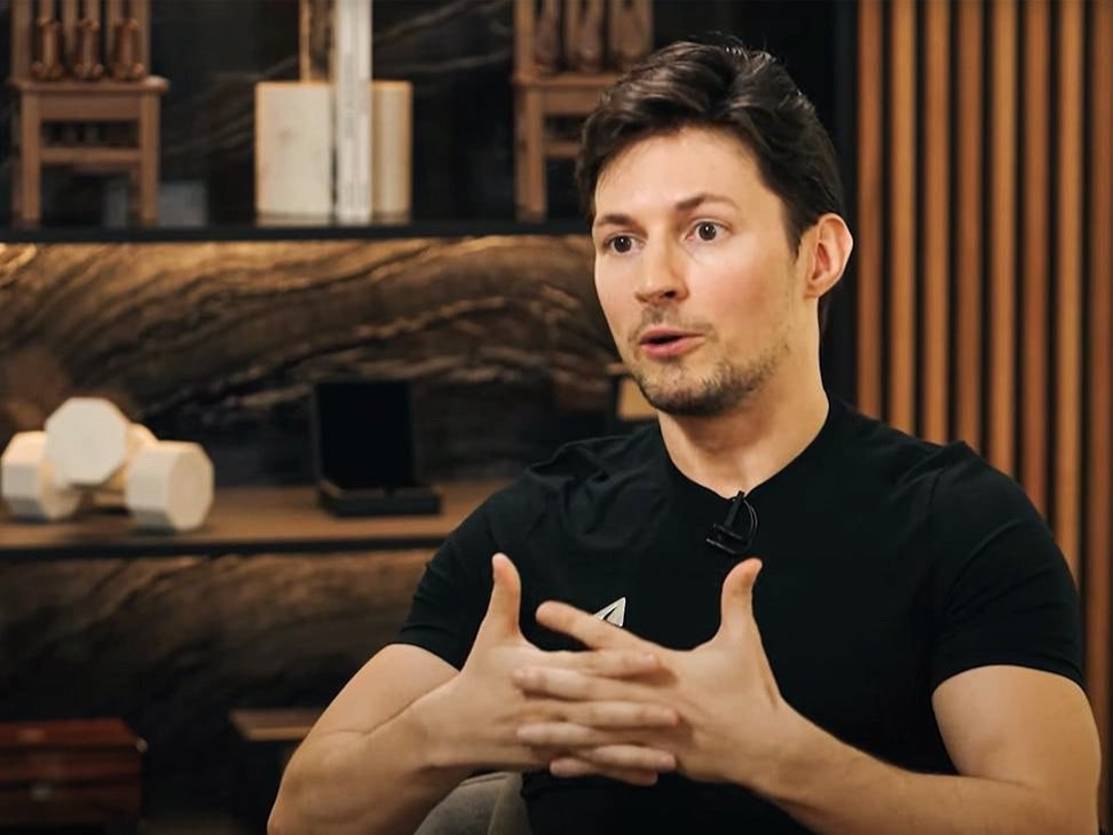The arrest of 39-year-old Pavel Durov has sent shockwaves through the tech world, signaling a potential new era in how global authorities might confront tech leaders who resist policing illegal content on their platforms. Durov was charged with being complicit in the spread of images of child sexual abuse, as well as a litany of other alleged violations on the Telegram messaging app.
According to legal experts the move highlights the unwavering determination of the J3 cybercrime unit. However, the real battle lies ahead as Johanna Brousse faces the daunting challenge of securing a conviction based on a legal argument that remains largely untested,
In an unprecedented move against a major tech CEO prosecutors have placed Pavel Durov under formal investigation for organised crime charges, claiming he bears responsibility for the alleged illegal activities on his platform.
Durov now stands accused of complicity in operating an online space that facilitates the posting of child sex abuse images, drug trafficking, and fraud. The unprecedented legal action could reshape the accountability landscape for tech giants worldwide.
On Thursday Durov’s lawyer said it was “absurd” for him to be held responsible and that the app abided by European laws, echoing an earlier statement by Telegram itself.
Being placed under formal investigation in France does not imply guilt or necessarily lead to trial, but indicates judges consider there is enough evidence to proceed with the probe.
Durov, currently out on bail but prohibited from leaving France, faces an investigation that could last years before it either proceeds to trial or is dropped.
Paris Prosecutor Laure Beccuau revealed on Wednesday that Johanna Brousse’s unit began investigating Pavel Durov earlier this year after observing his app being used for numerous alleged crimes and growing increasingly frustrated by Telegram’s “almost total lack of response to judicial requests.”
In an interview with newspaper Liberation in January, Brousse said her office was overseeing a growing number of probes involving Telegram and rival messaging app Discord, adding that tackling crime on them was “one of my battles”.
Jason Citron, CEO of Discord, did not respond to requests for comment.
France’s leading cybercrime unit, the J3 in Brousse, holds a crucial role in nationwide prosecutions. However, the unit is notably small, with only five prosecutors compared to Switzerland’s 55-60, as highlighted in a 2022 parliamentary report.
Due to its limited resources, the J3 focuses on the most severe crimes. Last year, Brousse explained to Le Figaro that they “prioritize the most serious offenses.”
In a 2022 podcast, Brousse expressed her determination to be tough on cybercriminals, emphasising that those who target France will face harsh consequences. “We want offenders prosecuted, whether in their own country or in France through arrest warrants,” she said.
Her office regularly handles “extremely sensitive cases,” where legal and geopolitical concerns often converge.
Patrick Perrot, who oversees AI-assisted investigations at the French gendarmerie and advises the Interior Ministry’s cybercommand unit, noted that the J3 has been pioneering in pursuing cases with international significance.
“It demonstrates that these platforms cannot operate with impunity,” Perrot told Reuters. “Regulation is crucial as these platforms continue to proliferate, making it a key issue for the future.”
Brousse has led the J3 since 2020, which has given her oversight of one of the most important – and controversial – French cybercrime cases ever.
In late 2020, the J3 took over the investigation into Sky ECC, an encrypted communication service widely used by criminals for activities such as drug and weapon transactions, as well as plotting murders. Sky ECC, along with Encrochat, was a key platform for these illicit operations.
Earlier, police forces from France, the Netherlands, and Belgium successfully hacked into the servers of these services, which were located in northern France. This gave French prosecutors the authority to oversee many of the related investigations.
Since the Encrochat operation’s takedown in 2020, more than 6,500 arrests have been made, according to Europol. However, the legality of the intercepted communications has been contested in appeals courts across Europe.
In a significant development, Paul Krusky, the Canadian head of Encrochat, was extradited from the Dominican Republic to France in February. He is now awaiting trial.
Lawyers for Jean-François Eap, the head of Sky ECC, are challenging his arrest warrant issued by French authorities.
Eap’s lawyer, Stephane Bonifassi, maintains that his client is innocent, asserting that “Sky ECC was neither designed nor marketed as a tool for criminals.”
Similarly, Antoine Vey, the lawyer for Paul Krusky, who was involved with Encrochat, also insists on his client’s innocence. Vey stated that the service Krusky established was intended to protect user privacy and freedom of communication, not to facilitate criminal activities.
Two other French lawyers involved in Sky ECC and Encrochat cases told Reuters that these earlier investigations provided prosecutors with both the ambition and the framework to target other encrypted messaging services, including those operated by Durov.
Robin Binsard, who has argued Encrochat cases before France’s top court, remarked that prosecutors would need to prove that Durov was aware of and approved the criminal activities on the platform, calling this assertion “highly questionable.”
Binsard further noted that merely refusing to comply with law enforcement requests does not automatically make someone complicit in criminal activities.
He emphasised that France appears to be targeting encrypted messaging providers, cautioning that other platforms like Signal should consider whether they are complying with French regulations. “The message is clear: if they are not, legal action will follow.”
A source from the Paris prosecutor’s office clarified that the investigation into Sky ECC is unrelated to the ongoing Telegram probe.
The first preliminary charge against Durov was for ”complicity in managing an online platform to allow illicit transactions by an organised group,” a crime that can lead to sentences of up to 10 years in prison and 500,000 euro fine, the prosecutor’s office said.
Durov was charged and barred from leaving France last month as French authorities made further investigations into alleged criminal activity on the encrypted messaging app. Mr Durov was released after paying 5 million euros ($8.2 million) bail.







